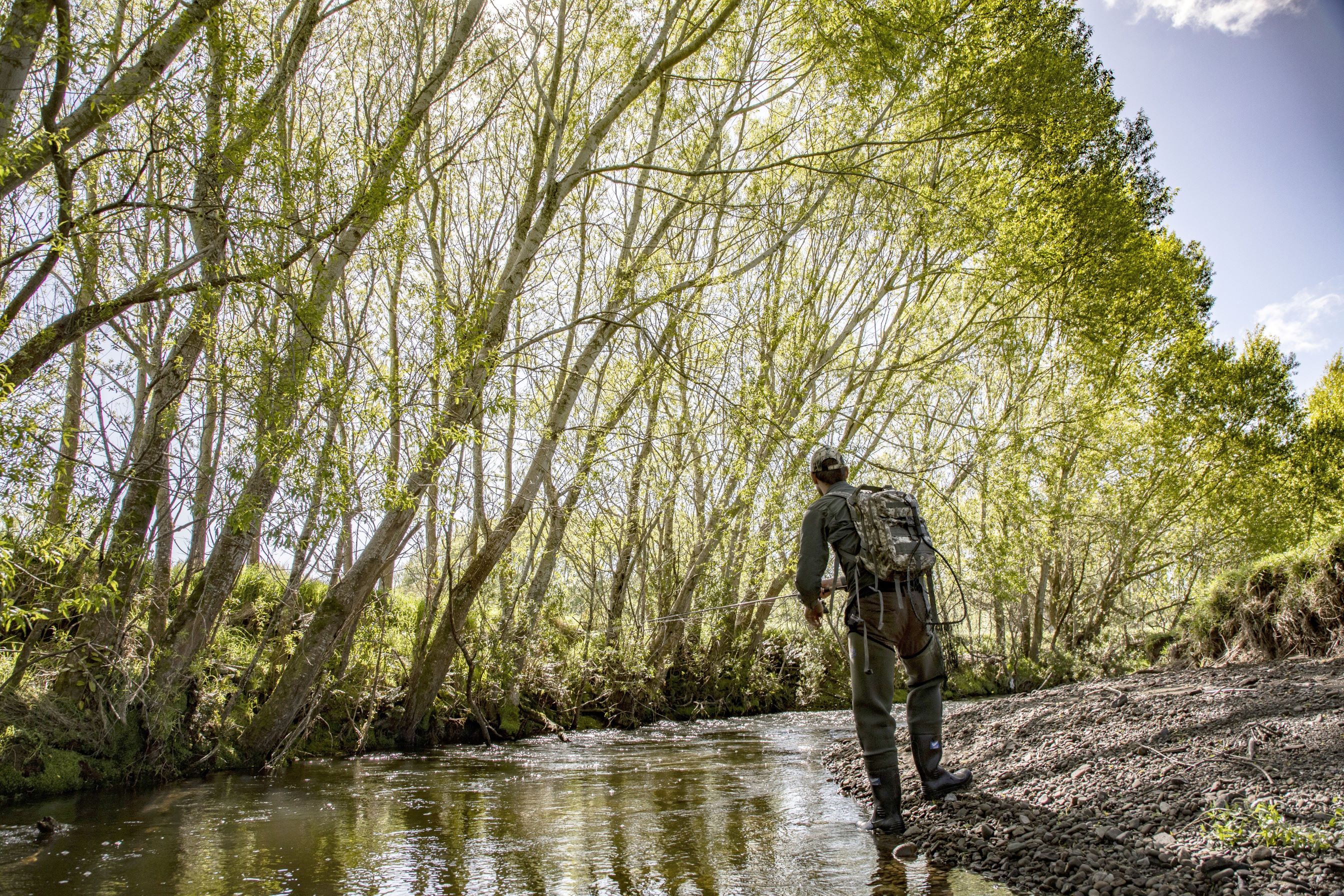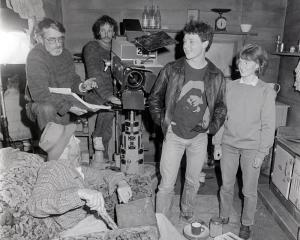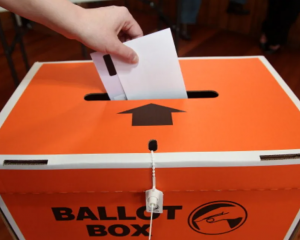
Recent commentary on possible changes to the management of the country’s trout fishing and game bird resources (Grubb 7.10.25 and Minister of Hunting and Fishing James Meager 10.10.25 in the Otago Daily Times, and David Williams in Newsroom) suggests an uncertain future for democratically elected and locally controlled Fish & Game councils.
The rationale for change is outlined in a largely redacted draft Cabinet Paper released under the Official Information Act. While acknowledging that Fish & Game does important work for tourism, regional economies, our environment and wellbeing, the paper’s author suggests the organisation is not operating or governing revenue and the resource as well as it could be, and causes unnecessary discord with other resource users, such as farmers.
These vague criticisms hardly justify the use of Parliament’s time during a cost-of-living crisis.
So what’s going on? And will the changes proposed best serve the interests of domestic and international anglers and hunters and the freshwater habitats on which their recreation depend?
Funded entirely by about 132,000 annual licence-holders — not taxpayer dollars — Fish & Game comprises 12 regional councils elected by anglers and hunters. The regional councils manage public fish and game resources within a statutory framework.
A national council is mandated to co-ordinate the activities of regional Fish & Game councils, advocate nationally and advise the minister.
The real strength of Fish & Game has been a combination of highly motivated local councils and their chief executives and well-qualified and experienced staff operating in the frontline of freshwater resource decision-making. Flat management structures have meant all staff members operate with a high degree of independence in a politically complex work environment.
Over the years, Fish & Game has fought off takeovers, navigated restructuring proposals and managed to maintain statutory independence (reporting directly to Parliament, not being subject to a minister’s direction, and being able to publicly advocate against government policy where necessary). That has put Fish & Game councils among the most vigorous advocates for freshwater quality and quantity.
That is important because quality fishing and hunting depend entirely on healthy and productive freshwater habitats.
Some in the national council (councillors and staff) have, however, found it difficult to accept that a devolved system with considerable power resting in regional Fish & Game councils is a legitimate model.
They believe the national office should be the organisation’s HQ. They think there should be one central source of inspiration and decision-making, and that they should control staff.
That would relegate regional Fish & Game councils to an insipid advisory role and disenfranchise anglers and hunters.
In reality, Fish & Game is an enduring example of successful co-management, a structural form which is increasing in popularity with the recognition of the benefits of subsidiarity — the principle that decision-making should be made at the lowest possible level and closest to where decisions will have their effect.
So, what of the present state of play? The current New Zealand Fish & Game Council chair, and a supporting group, have reportedly lobbied the Ministers of Hunting and Fishing, first Todd McLay and now James Meager, for centralised control, risking Fish & Game’s statutory independence and environmental advocacy role.
Our concern is that this government’s response to a proposal for statutory change will be tempered by GDP considerations and the interests of the intensive agricultural sector, not what anglers and hunters, and the wider public, want from rivers, lakes and wetlands.
Another concern is the way that the New Zealand Fish & Game Council publicly undermined the Southland Fish & Game Council following the latter’s entirely justified involvement in court action over intensive farming impacts on Southland’s internationally renowned trout rivers.
The court concluded that the ecosystem health of Southland’s waterways was below national bottom lines or minimum acceptable states.
The Southland Fish & Game Council was simply fulfilling its statutory function, yet intensive farming interests roundly and very publicly condemned them and lobbied government to restrict the council’s capacity for environmental advocacy.
It is this that has led to the suggestion in the Cabinet Paper that Fish & Game is generating unnecessary discord with farmers.
In reality, relationships between regional Fish & Game councils and farmers, foresters and miners — many of whom are anglers and game bird hunters, too — are generally cordial and can be productive.
Quite a number of farmers supplement their incomes from on-farm accommodation for visiting anglers and hunters. A notable number of Fish & Game councillors are farmers. They value high-quality freshwater environments.
To suggest that Fish & Game is "anti-farming" is simply unfair and incorrect.
So, while Minister Meager may be genuine in his motives, others in government may use this as a chance to weaken Fish & Game’s ability to protect rivers, lakes and wetlands — the habitats on which fishing and game hunting depend, and which are valued highly by most New Zealanders.
■ Niall Watson is a retired former chief executive of Otago Fish & Game Council; Harvey Perkins is Emeritus Professor in the School of Architecture and Planning at the University of Auckland. Both are very keen outdoor recreationalists.











